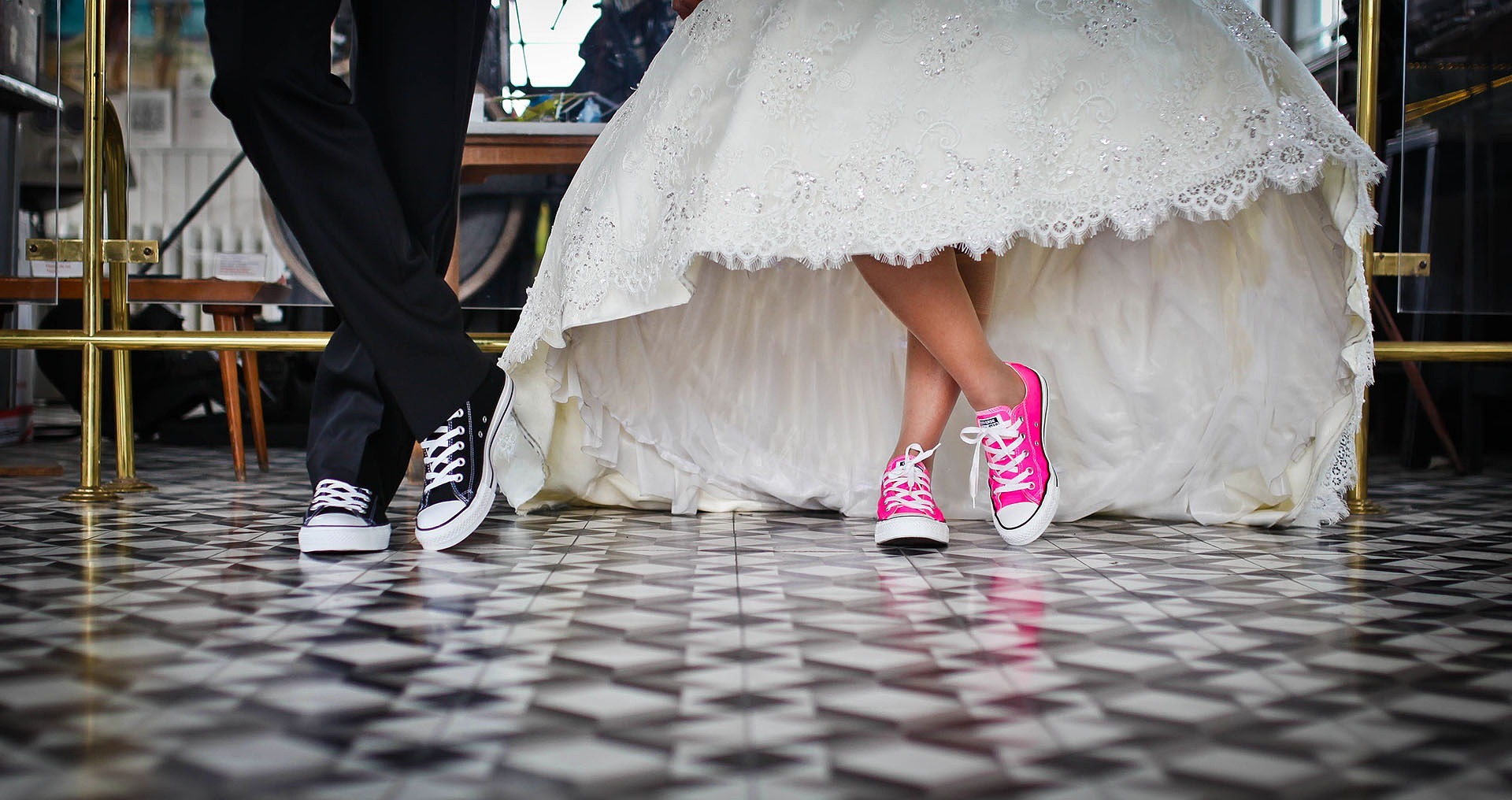Discover why early marriage poses significant risks to couples’ social, psychological, health, financial, and legal well-being. Explore the impacts, risks, and solutions in this comprehensive guide.
Introduction
Early marriage, defined as marriage before the age of 18, continues to be a significant social issue globally. Despite efforts to reduce its prevalence, many young individuals are still subjected to early matrimony due to various societal, economic, and cultural factors. This article explores the detrimental effects of early marriage on couples, emphasizing its impact on their social, psychological, health, financial, and legal well-being.
Social and Psychological Impact on Individuals
Young couples entering marriage prematurely often lack the emotional maturity needed to handle the complexities of married life. The emotional and psychological stress resulting from early marriage can lead to anxiety, depression, and other mental health issues. Moreover, the educational aspirations of young individuals are frequently disrupted, affecting their long-term career prospects and personal growth.
Health Risks
Physically, early marriage poses risks to both partners, especially concerning reproductive health. Young brides face higher rates of complications during pregnancy and childbirth, including maternal mortality. Additionally, lack of access to healthcare and reproductive education exacerbates these risks, impacting not only the couple but also their offspring.
Financial Burden
Economic instability is another consequence of early marriage. Often, young couples are unable to secure stable employment or complete their education, limiting their financial independence. This financial dependence can perpetuate a cycle of poverty and hinder their ability to provide for themselves and their families adequately.
Legal and Human Rights Concerns
From a legal perspective, early marriage raises significant human rights concerns, particularly regarding consent and autonomy. Many young individuals are coerced or pressured into marriage, depriving them of their right to choose their life partner freely. Legal frameworks aimed at protecting minors from such practices are essential but often insufficiently enforced.
Social Stigma and Cultural Norms
In many communities, early marriage is deeply entrenched in cultural norms and traditions. Social stigma surrounding unmarried young adults can exert immense pressure on individuals to conform to societal expectations, regardless of their personal readiness or desires. Gender roles within marriage may also perpetuate inequalities, further complicating the couple’s relationship dynamics.
Impact on Relationships
The dynamics within an early marriage are often strained due to communication barriers and role conflicts. Young couples may struggle to establish mutual understanding and respect, essential for a healthy marital relationship. These challenges can lead to marital discord, affecting not only the couple’s well-being but also that of any children born into the marriage.
Childhood Lost: Impact on Development
Early marriage robs individuals of their childhood and adolescence, crucial periods for personal development and self-discovery. The responsibilities associated with marriage can prevent young people from pursuing their dreams and achieving their full potential, perpetuating a cycle of limited opportunities and unfulfilled aspirations.
Case Studies and Real-Life Examples
Numerous real-life stories illustrate the adverse effects of early marriage on individuals and communities worldwide. These cases highlight the urgent need for intervention and support systems to protect young people from the harmful consequences of premature matrimony.
Global Perspective
On a global scale, efforts to address early marriage vary significantly, with some regions implementing legislative measures and educational initiatives to combat the practice. International organizations and advocacy groups play a crucial role in raising awareness and promoting policies aimed at ending child marriage.
Educational Initiatives and Awareness Programs
Education is pivotal in preventing early marriage. By empowering young individuals with knowledge about their rights and options, educational programs can effectively reduce the prevalence of early marriage and promote healthier relationships among youth.
Psychological Counseling and Support Systems
Access to psychological counseling and support services is essential for young couples affected by early marriage. These services provide a safe space for individuals to address emotional trauma, navigate relationship challenges, and seek guidance on family planning and reproductive health.
Alternatives and Solutions
Effective strategies to combat early marriage include delayed marriage campaigns and empowerment programs that promote economic independence and educational attainment among young people. By offering viable alternatives to early matrimony, communities can empower youth to make informed choices about their future.
Conclusion
In conclusion, early marriage detrimentally impacts the lives of young couples, compromising their social, psychological, health, financial, and legal well-being. Addressing this complex issue requires collaborative efforts from governments, communities, and civil society to protect the rights and empower the youth towards healthier life choices.
FAQs
1. What defines early marriage?
Early marriage is generally defined as marriage before the age of 18, although legal definitions may vary between countries and regions.
2. What are the health risks associated with early marriage?
Young brides often face higher risks of complications during pregnancy and childbirth, including maternal mortality and reproductive health issues.
3. How does early marriage affect educational opportunities?
Early marriage disrupts educational pursuits, limiting career prospects and personal development opportunities for young individuals.
4. What role do cultural norms play in perpetuating early marriage?
Cultural norms and societal expectations can exert significant pressure on individuals to marry early, regardless of their personal readiness or desires.
5. How can communities support efforts to prevent early marriage?
Communities can support prevention efforts through education, advocacy for legislative reform, and promoting gender equality and empowerment initiatives.
This structure ensures comprehensive coverage of the topic while maintaining a conversational and engaging tone suitable for a human audience.
